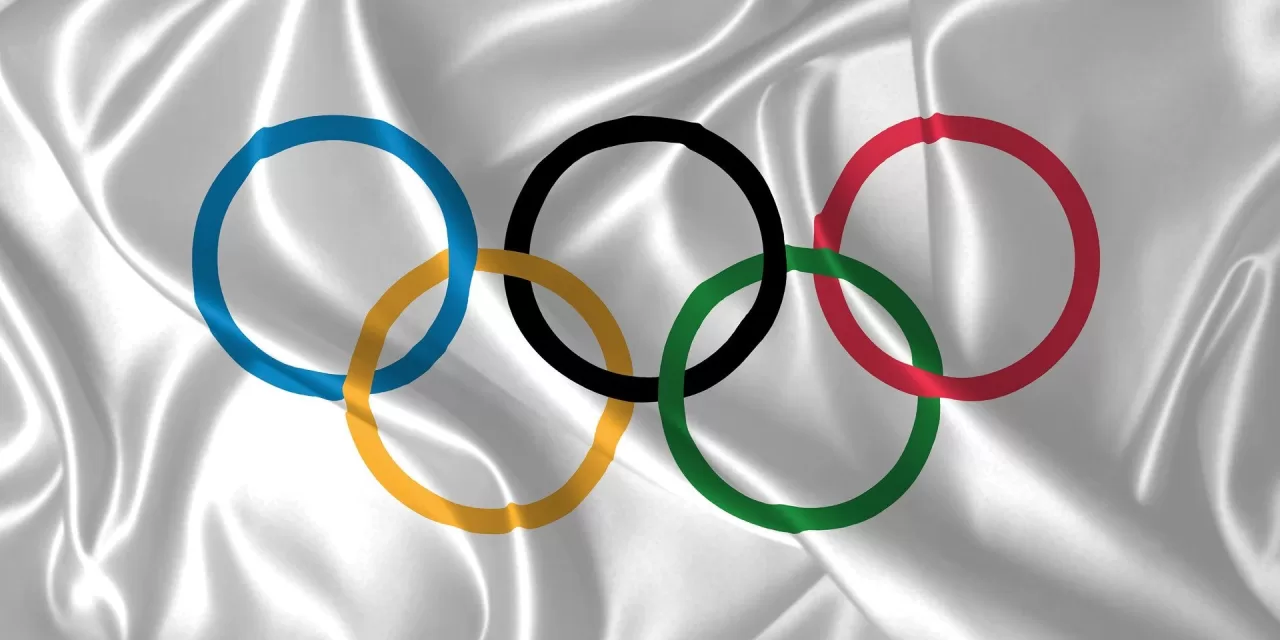August 7, 2024 — In a compelling editorial published in BMJ Global Health, Trish Cotter and Sandra Mullin of Vital Strategies have called on the International Olympic Committee (IOC) to sever its longstanding relationship with Coca-Cola. They argue that this move is necessary for the betterment of athletes, spectators, and the planet.
For nearly a century, Coca-Cola has been a prominent sponsor of the Olympic Games, a strategy the authors describe as highly effective for brand promotion. In 2022 alone, Coca-Cola held 233 sponsorship agreements across 21 sports, and in 2023, it led all brands in sports sponsorship. Its largest and most significant deal is with the IOC.
Cotter and Mullin criticize the partnership for compelling athletes to implicitly endorse sugary drinks that contribute to health issues such as obesity, type 2 diabetes, high blood pressure, and heart disease. They highlight how sponsorship deals like Coca-Cola’s not only provide extensive marketing leverage but also grant companies significant influence over political and corporate leaders.
The authors reference the 2021 incident where football star Cristiano Ronaldo removed Coca-Cola bottles from his press conference table, replacing them with his preferred water. This simple act reportedly led to a $4 billion drop in Coca-Cola’s market value and was perceived as a rebuke against the idea that the drink is a suitable choice for elite athletes.
Despite these health concerns, Coca-Cola remains a top-tier sponsor with a contract extending through 2032. The reach of the Olympic Games, with over 3 billion viewers globally for the 2020 Tokyo Games, makes it a coveted platform for advertising, regardless of the potential health impacts on consumers.
The authors also criticize Coca-Cola’s environmental impact, pointing to its contribution to plastic pollution, greenhouse gas emissions, and water insecurity in disadvantaged communities. They argue that by maintaining its association with Coca-Cola, the IOC risks endorsing poor nutrition and environmental harm.
The editorial calls on major public health organizations, including the World Health Organization and the World Obesity Federation, to enhance their advocacy against sugary drinks and recognize the unique role of sports marketing in promoting these products.
Cotter and Mullin assert that the IOC must recognize that its continued partnership with Coca-Cola contradicts the Olympic values of integrity, health, and sustainability. They urge the IOC to act decisively and sever ties with Coca-Cola to uphold the principles of the Games and address global health and environmental crises.
For further details, refer to the full editorial: The Olympic Game’s Up: It’s Time for the IOC to Stop Promoting Sugary Drinks, BMJ Global Health (2024). DOI: 10.1136/bmjgh-2024-016586.











